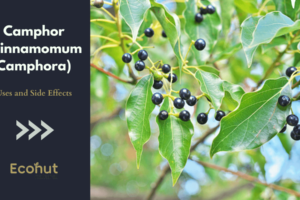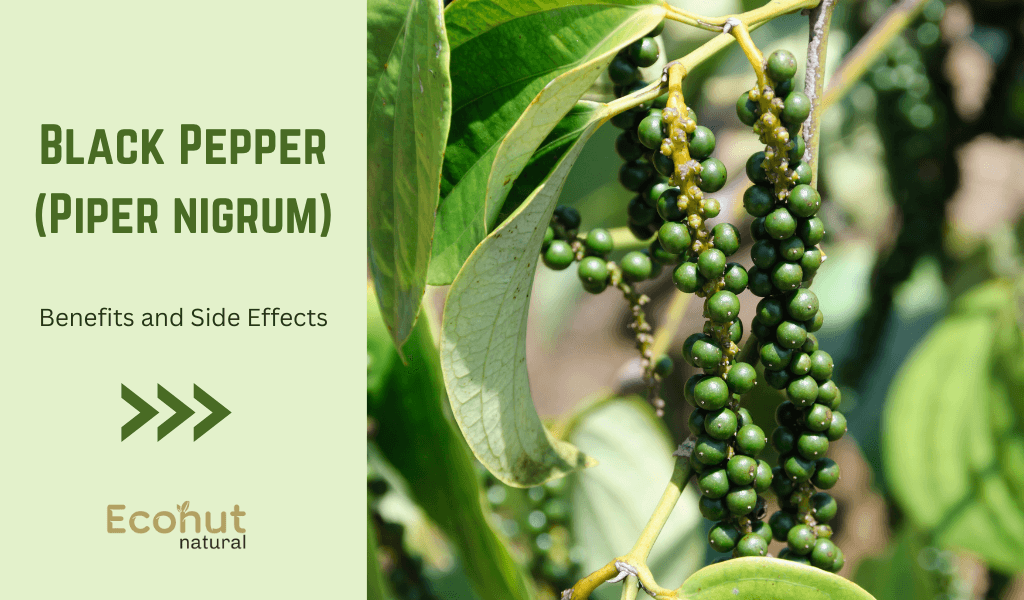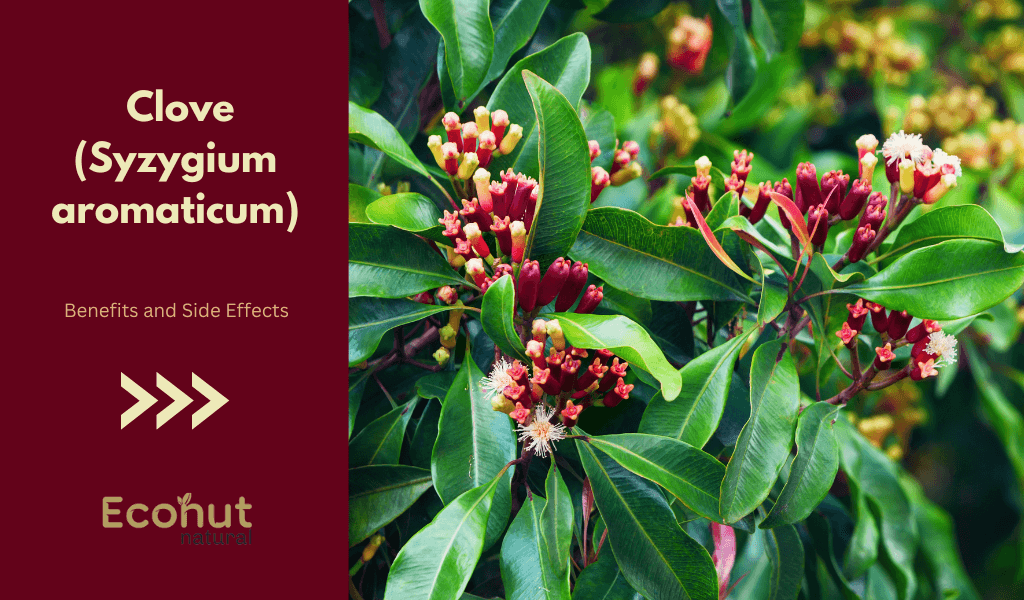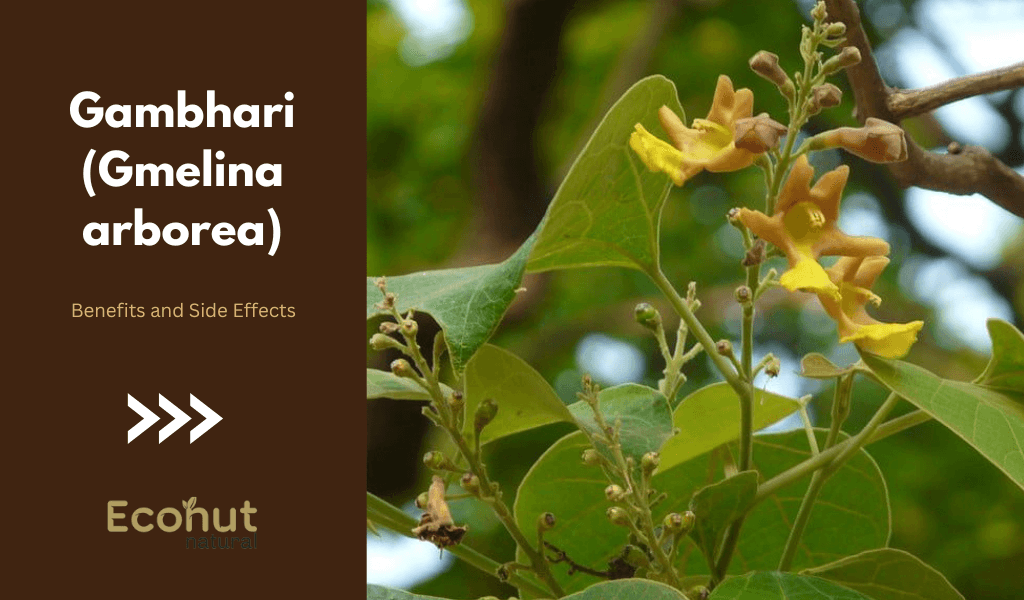Maricha, Black pepper (Piper nigrum) is a flowering vine in the family Piperaceae, cultivated for its fruit (the peppercorn), which is usually dried and used as a spice and seasoning.
The fruit is a drupe (stonefruit) which is about 5 mm (0.20 in) in diameter (fresh and fully mature), dark red, and contains a stone which encloses a single pepper seed.
Peppercorns and the ground pepper derived from them may be described simply as pepper, or more precisely as black pepper (cooked and dried unripe fruit), green pepper (dried unripe fruit), or white pepper (ripe fruit seeds).
Black pepper is native to the Malabar Coast of India, and the Malabar pepper is extensively cultivated there and in other tropical regions.
Ground, dried, and cooked peppercorns have been used since antiquity, both for flavour and as a traditional medicine.
Black pepper is the world’s most traded spice, and is one of the most common spices added to cuisines around the world. Its spiciness is due to the chemical compound piperine, which is a different kind of spiciness from that of capsaicin characteristic of chili peppers.
It is ubiquitous in the Western world as a seasoning, and is often paired with salt and available on dining tables in shakers or mills.
Scientific Clasification of Maricha, Black pepper (Piper nigrum)
| Kingdom | Plantae |
| Superorder | Magnolianae |
| Order | Piperales |
| Family | Piperaceae |
| Genus | Piper |
| Species | Nigrum |
| Division | Magnoliophyta |
| Class | Equisetopsida |
| Subclass | Magnoliiadae |
Maricha, Black pepper (Piper nigrum) Vernacular Names
Hindi Name: Kalimirch, Mirch, Gulmirch, Golmirch, Choco mirch
English Name: Black Pepper, Commen Pepper, Pepper
Persian Name: Filfile siyah, Pilpil, Filfile aswad
Kannada Name: Kari Manasu
Urdu Name: Filfilsiyah, Kalimirch
French Name: Poivre Commun, Poivre Blanc, Poivre Noir
German Name: Pfeffer, Gruner Pfeffer, Schwarzer Pfeffer
Arabian Name: Filfil aswad
Telugu Name: Miriyalu
Punjabi Name: Kali mirch
Bengali Name: Golmarich, Vellajung, Murichung, Kolukung, Muricha, Kala Moricha
Tamil Name: Milagu
Marathi Name: Mirin, Kalamiri
Gujarati Name: Kalamri, Kalamuri, Kalominch, Kalamire
Japanese Name: Bura-kku Peppaa, Koshou, Peppaa, Pepaa
Spanish Name: Pimient
Parts Used
- Fruit
- Dried Unripe Fruits
Ayurvedic Properties
Hindi / Sanskrit
- Rasa, Katu
- Guna, Laghu, Tikshna, Sookshma
- Virya, Ushna
- Vipaka, Katu
English
- Taste, Pungent
- Physical Property, Light, Minute and Piercing
- Potency, Hot
- Metabolic Property (After Digestion), Pungent
Benefites of Maricha, Black pepper (Piper nigrum)
Maricha, commonly known as Black Pepper (Piper nigrum), has been used for centuries not only as a spice but also for its medicinal properties. Here, We are discuss benefits regarding black pepper:
It Food Allergy:
Black pepper stimulates the production of hydrochloric acid in the stomach, aiding digestion. Its contain Chedana (cutting) and Shoshna) drying effects, it increase digestive fire and balances kapha and Vata Dosha. It can also help prevent gas formation and relieve digestive discomfort.
Improved Nutrient Absorption:
Piperine has been shown to enhance the bioavailability of certain nutrients, such as vitamins A and C, as well as other phytonutrients, by increasing their absorption in the body.
Obesity Management:
This herb helps in reduction of weight. Black Pepper may aid in weight management by increasing metabolism and promoting fat breakdown.
Antibacterial and Antifungal Elements:
Compounds in black pepper have demonstrated antibacterial and antifungal properties, which may help fight against certain pathogens and infections.
Mouth Health:
Black pepper may contribute to oral health by combating bad breath and preventing dental cavities. Its antibacterial properties may help inhibit the growth of oral bacteria.
For Skin Care:
It is believed to have antioxidant and antimicrobial properties that can combat acne-causing bacteria and promote skin rejuvenation. So, Topical application of black pepper extract may help improve skin health.
Maricha, Black pepper (Piper nigrum) Side Effects
Black pepper, scientifically known as Piper nigrum, is commonly used as a spice worldwide. While it’s generally safe for consumption in culinary amounts, excessive intake may lead to some side effects. Here, We discuss some of side effects regarding Maricha, Black pepper (Piper nigrum).
During Pregnancy Unsafe:
Black pepper is safe when taken by mouth in amounts commonly found in foods. It is likely unsafe when taken by mouth in large amounts during pregnancy as it might cause an abortion.
Breast-feeding:
Black pepper is safe when taken by mouth in amounts commonly found in foods. There isn’t enough reliable information available to know if taking black pepper as medicine is safe while breast-feeding.
Effect in Diabetes:
This herb might affect blood sugar levels. In theory, taking black pepper in amounts greater than those in food might affect blood sugar control in people with diabetes. Dosing adjustments for diabetes medications might be needed.
Dangerous in Bleeding conditions:
Piperine, a chemical in black pepper, might slow blood clotting. In theory, taking black pepper in amounts greater than those in food might increase the risk of bleeding in people with bleeding disorders.
Conclusion
Maricha, commonly known as black pepper, holds a prominent place in culinary traditions worldwide. Its pungent flavor and aromatic essence add depth to dishes, making it a staple in kitchens globally. Beyond its culinary applications, Maricha boasts a rich history of medicinal use, revered for its digestive and anti-inflammatory properties. In conclusion, Maricha’s enduring popularity and multifaceted benefits solidify its status as a cherished spice and herbal remedy across cultures.
FAQS
How does black pepper aid digestion?
Black pepper stimulates the production of hydrochloric acid in the stomach, which aids in the digestion of proteins and other nutrients. It also enhances the secretion of digestive enzymes, facilitating the breakdown of food.
Can black pepper help with weight loss?
Some studies suggest that piperine, the main active compound in black pepper, may help with weight loss by interfering with fat cell formation and reducing fat levels in the bloodstream. Additionally, black pepper’s ability to improve digestion and nutrient absorption may indirectly support weight management.
Also Read: Talisa Patra (Abies Webbiana): Uses, Benefits and Side Effects











